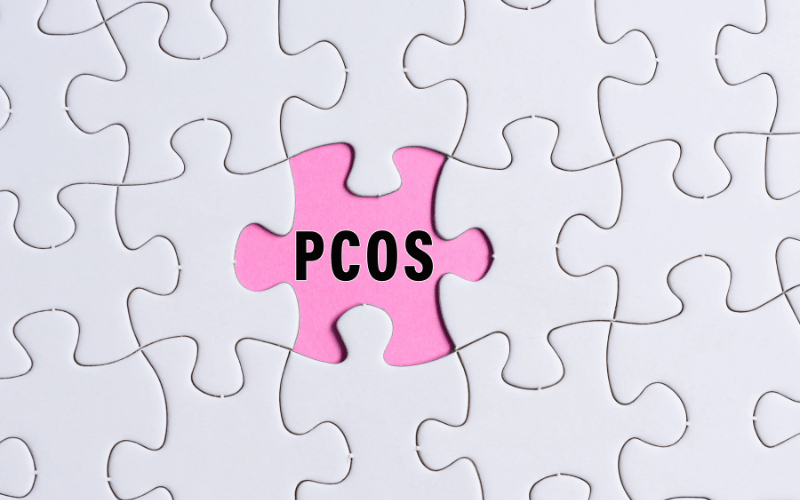4. Genetics and PCOS: The Inherited Puzzle

PCOS often runs in families, suggesting a strong genetic component. If a mother, sister, or aunt has PCOS, the likelihood of having it increases. This hereditary aspect adds complexity to the diagnosis and management of the syndrome.
Understanding the genetic influence on PCOS is complicated. There is no single “PCOS gene.” Instead, a tapestry of genetic factors plays a role, each contributing a small part to the condition’s development. This complexity can make predicting and understanding individual risks challenging.
While genetics lay the groundwork for PCOS, environmental factors also play a crucial role. Diet, lifestyle, and stress levels can all influence the expression of genetic traits. This interplay between nature and nurture is central to the development and management of PCOS.
Advancements in genetic research may lead to more personalized treatments for PCOS. Understanding individual genetic profiles could help tailor interventions, making them more effective. The potential for such targeted therapies shines a light on the importance of ongoing research in this field. (4)